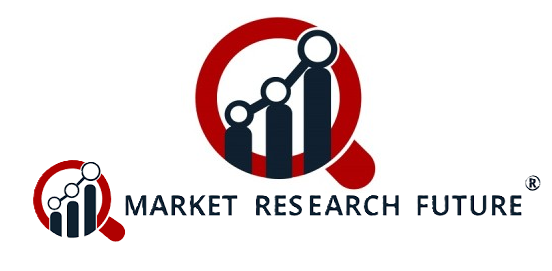Sustainability Initiatives Boost Adoption in Feed Minerals Market

The Role of Feed Minerals in Animal Health, Immunity, and Disease Prevention
Discover the critical link between feed minerals and animal immunity. Learn how zinc, selenium, and copper act as key defenders against disease.
Beyond their roles in growth and reproduction, feed minerals serve as fundamental guardians of animal health. A robust immune system is highly dependent on an adequate and balanced supply of specific trace minerals. In an era of reduced antibiotic use and heightened animal welfare concerns, strategic mineral nutrition has become a primary tool for proactive disease prevention and management in livestock.
The immune system is a metabolically active entity, and its cells require a constant supply of nutrients to function effectively. Key trace minerals act as essential cofactors for the enzymes that drive immune responses. When an animal faces a pathogen, its immune system mounts a rapid and resource-intensive defense, significantly increasing the demand for these critical nutrients.
Zinc is often called the "gatekeeper of immune function." It is vital for the development and function of various immune cells, including neutrophils and macrophages, which are the body's first line of defense. Zinc also helps maintain the integrity of physical barriers like skin and the lining of the respiratory and gut tracts, preventing pathogens from entering the body in the first place.
Selenium plays a pivotal antioxidant role. When immune cells are activated to destroy pathogens, they generate reactive oxygen species (free radicals) as a weapon. While effective, these compounds can also damage the animal's own cells if not controlled. Selenium, as part of the glutathione peroxidase enzyme family, neutralizes these free radicals, protecting immune cells and allowing them to work efficiently.
Copper is involved in the production and maturation of white blood cells. It also has intrinsic antimicrobial properties and supports the activity of other antioxidant enzymes. Iron is crucial for the proliferation of immune cells, and a deficiency can lead to an impaired ability to fight off infections.
A subclinical deficiency in any of these minerals may not show obvious physical symptoms but can significantly compromise an animal's immune resilience. This often manifests as increased susceptibility to common illnesses, poorer response to vaccinations, and longer recovery times. By ensuring optimal mineral status through the diet, producers can build a stronger, more responsive immune system in their herds and flocks, reducing mortality rates and the need for therapeutic interventions. This link between nutrition and health is a critical area of focus in the feed minerals market.
FAQs:
-
Can minerals replace vaccines?
-
No. Minerals and vaccines work synergistically. Optimal mineral nutrition ensures an animal can mount a strong and effective immune response to a vaccine. Minerals prime the immune system, while vaccines provide specific, targeted protection.
-
-
How quickly can mineral deficiencies affect immunity?
-
The impact can be relatively rapid. An animal facing a sudden health challenge will draw upon its mineral reserves. If these are inadequate, its immune response will be compromised within days, leading to more severe and prolonged illness.
-





